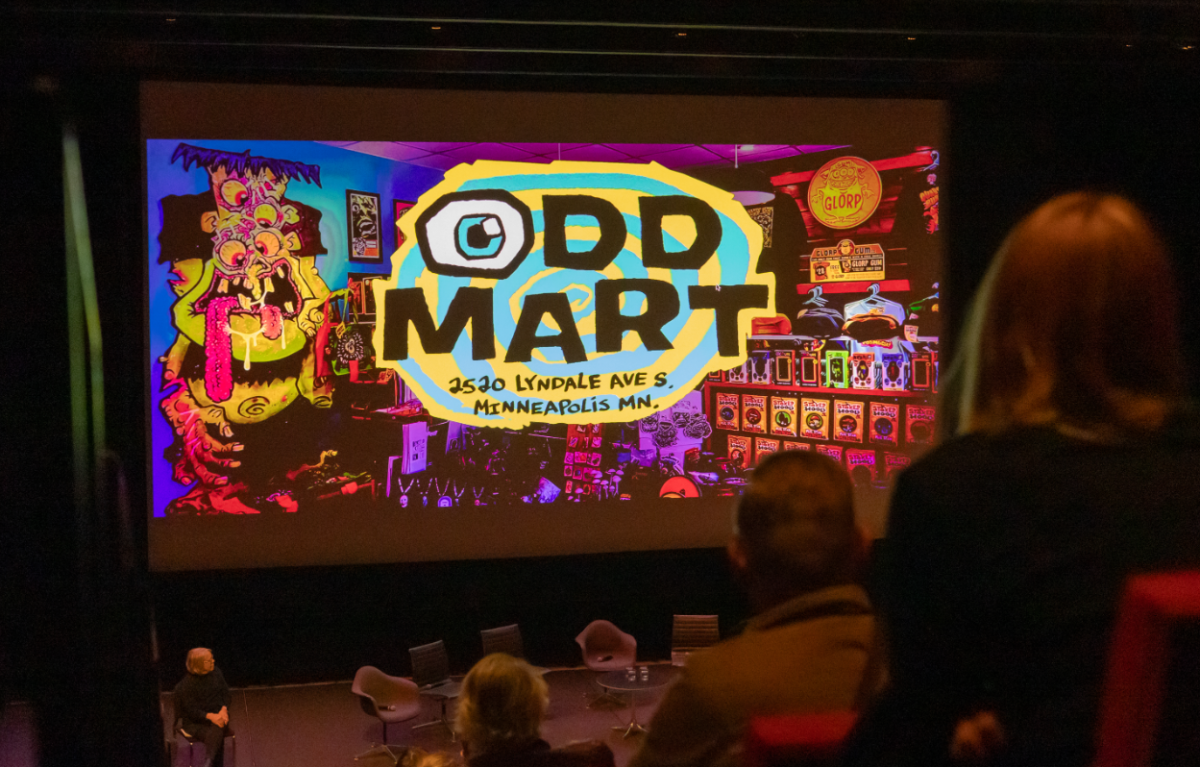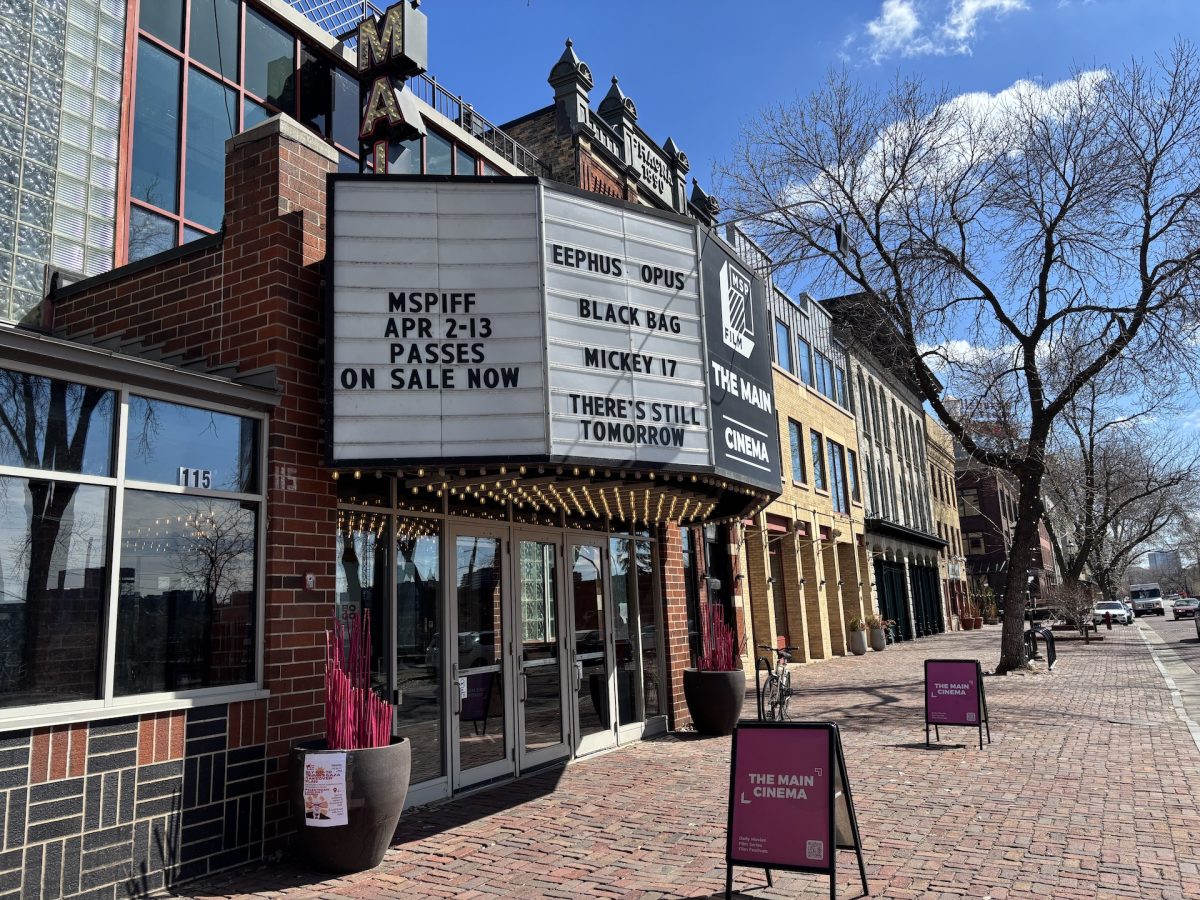In what can only be called the Canadian fusion of “American Movie” and “The Blair Witch Project,” “Jimmywork” is a disarmingly unpredictable pseudodocumentary.
It has the mechanics of a dream world, starting in the realm of the believable and adding elements of the absurd. The result is a thriller so bizarre, yet so realistic, that one cannot help but succumb to the enigma.
Director Simon Sauve said this unexpected evolution of the story was not entirely planned.
“I had no idea where it was going,” Sauve said in an interview with The Minnesota Daily. “But you never know if Jimmy’s being serious or if he’s pulling your leg. It started out, and I wanted to make this documentary, because Jimmy was my neighbor for nine years, and he had this project where he wanted to make TV ads.”
Sure enough, the film’s first act records Jimmy’s (James G. Weber) plans to produce a series of commercials for a rodeo in northern Quebec. Initially cocky and self-assured, Jimmy brags about his skills, despite his obvious lack of experience or real ideas.
In some ways, Jimmy is as delusional as the boss in the British version of “The Office,” believing in talents and abilities that simply aren’t there.
“In a way, it’s kind of a documentary about Jimmy’s mind, about how he wished he would be,” Sauve said. “He always had this Machiavellian side that I could tap into.”
With Jimmy being quickly revealed as a fraud by the officials organizing the rodeo, the movie suddenly goes through a radical change in tone and pacing. The film speeds away from a simple story of an aspiring filmmaker. Jimmy suddenly turns violent, promising vengeance against the rodeo that has dismissed him.
These plans initially seem humorous, but soon, their simplicity also makes them completely believable. Jimmy says he will steal the beer for the rodeo and then ransom it back to the organizers.
Sauve said these varying storylines and Jimmy’s mutating character were more than simply plot devices.
“Even though it has this kind of edgy, garage-rock aesthetic, it’s still an adventure film in a way with an anthropological center to things,” he said.
In service of this anthropological study of sorts, Sauve used a style that is almost indescribable. He starts as a pure documentarian, recording Jimmy’s movements and then filming his self-aware observations about his life and this project.
Then, as Jimmy’s plans fall apart, the directing becomes more reminiscent of a Dogme 95 project, filming on the fly and often capturing reflections of the cameraman in a mirror or window. Finally, as Jimmy and his cohorts break in to steal the beer in a nighttime raid, the directing degenerates into utter chaos.
Sauve said he knows he has taken a risk with the film but that Canadian critics have appreciated the surprises so far.
“Making this film was true freedom, because I didn’t have to report to anyone (and) didn’t get any funding until postproduction,” Sauve said. “This film was made without money, pretty much. And without money, you don’t owe anything to anyone.”
Sauve also said there’s a flip side to that risk.
This weekend marks the film’s first major screening in the United States. Sauve said he is always worried about how his bizarre vision will be received by new audiences.
“I’m scared as shit of people’s reactions,” he said. “Maybe I shouldn’t be scared of that, but I’ve seen it so many times. I usually don’t stay in the audience.”
“Jimmywork” is already set for mainstream release in Canada. This weekend, though, Sauve said, he will be in the audience in Minneapolis, eager to see how his off-beat, six-year project plays to his southern neighbors.







